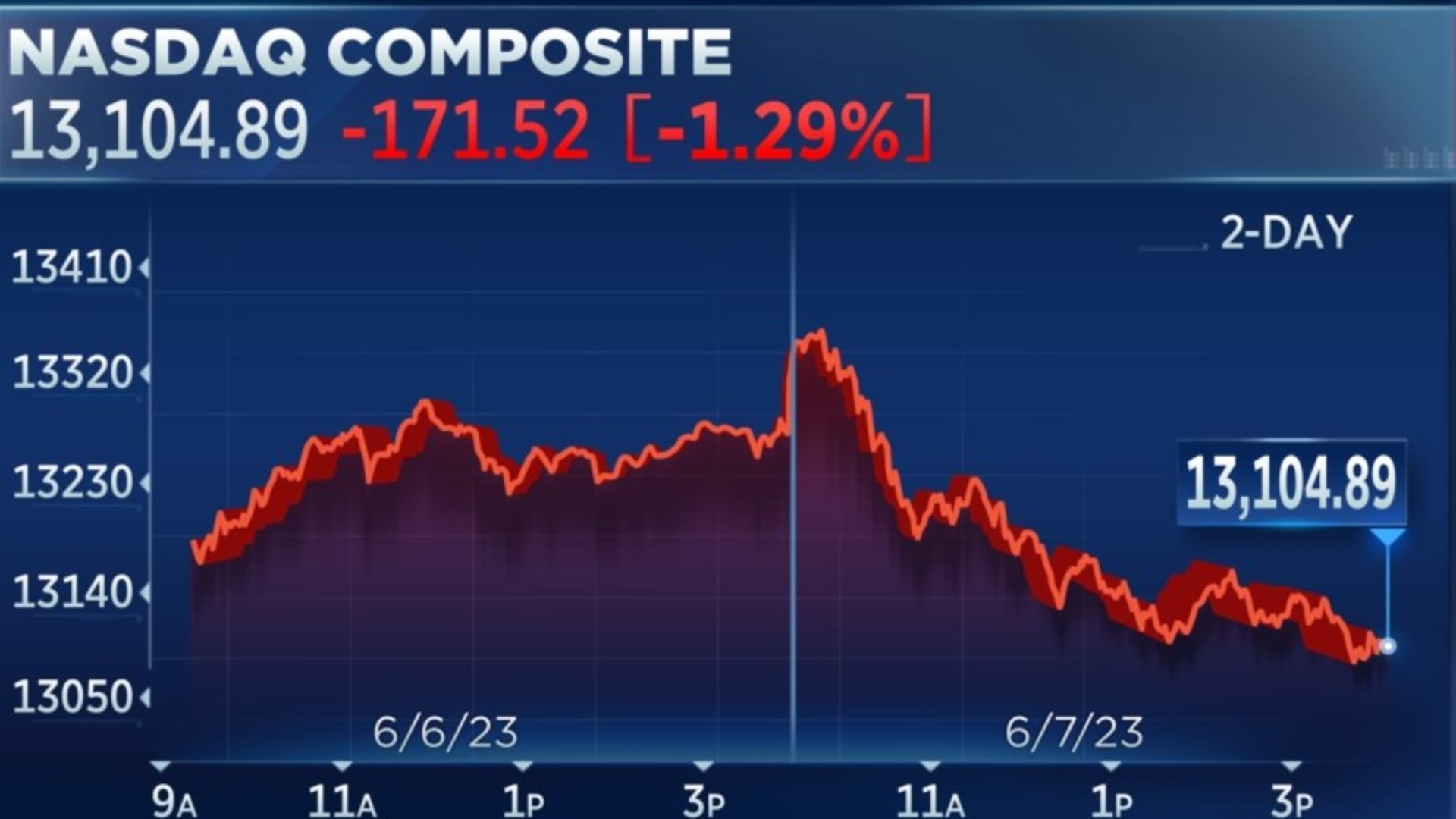Trump Administration To Slash Another $1 Billion In Harvard Funding

Table of Contents
Details of the Proposed $1 Billion Cut
The proposed $1 billion reduction in Harvard funding represents a significant blow to one of the world's leading academic institutions. This isn't a generalized cut, but rather a targeted reduction impacting several key areas.
Specific Programs Affected
The impact of these "Harvard funding cuts" will be felt across various departments and initiatives. Specific programs expected to be severely affected include:
- Reduced funding for cancer research initiatives: The prestigious Dana-Farber Cancer Institute, affiliated with Harvard, is likely to experience substantial cuts, potentially delaying crucial research projects and hindering breakthroughs in cancer treatment.
- Cuts to financial aid for low-income students: This reduction will disproportionately affect students from disadvantaged backgrounds, limiting access to a Harvard education and exacerbating existing inequalities within the higher education system. This directly impacts the affordability of a Harvard education.
- Potential closure of certain research labs: Several research labs focusing on areas like climate change, artificial intelligence, and biomedical engineering may face closure due to lack of funding, leading to the loss of valuable research and expertise.
- Decreased funding for humanities programs: The proposed cuts may disproportionately impact humanities departments, potentially leading to staff reductions and a narrowing of the academic curriculum.
Justification from the Trump Administration
The Trump administration has offered several justifications for the proposed funding cuts, although these have been met with significant criticism and skepticism.
- Allegations of wasteful spending: The administration claims Harvard has engaged in wasteful spending practices, although concrete evidence supporting these claims remains lacking.
- Claims of ideological bias: The administration suggests Harvard exhibits an ideological bias that contradicts their priorities, although this claim is largely seen as unsubstantiated.
- Emphasis on redirecting funds to other priorities: The administration argues that the funds should be redirected to other areas deemed more critical to national interests. However, the specifics of these priorities are often unclear.
The Impact on Harvard's Research
The proposed funding cuts will significantly hinder Harvard's ability to conduct groundbreaking research across various fields.
- Delayed research projects: Many ongoing research projects will likely be delayed or even abandoned due to the lack of funding, potentially setting back scientific progress.
- Reduced publication of research findings: Fewer research findings will be published due to the reduced capacity for research, limiting the dissemination of knowledge and impacting the overall advancement of science.
- Loss of key researchers and scientists: Researchers and scientists may be forced to seek employment elsewhere due to funding uncertainties, resulting in a brain drain and a weakening of Harvard's research capabilities.
Wider Implications for Higher Education
The proposed "Harvard funding cuts" have significant implications extending far beyond Harvard's campus.
Impact on Other Universities
The decision to slash Harvard's funding sets a concerning precedent.
- Reduced federal funding for universities nationwide: Other universities might face similar funding cuts, leading to a broader crisis in higher education. This could have significant ramifications for higher education funding.
- Increased tuition fees: Universities may be forced to increase tuition fees to compensate for the loss of federal funding, making higher education less accessible to students from low-income families.
- Decreased access to higher education: The overall impact could be decreased access to higher education for many students, widening the gap between the wealthy and the less fortunate.
Political Ramifications
The political consequences of these funding cuts are likely to be substantial.
- Increased polarization of higher education debate: This action is likely to further polarize the debate surrounding higher education funding and the role of universities in society.
- Potential backlash from students and faculty: Students and faculty are likely to express their dissent through protests, petitions, and other forms of activism.
- Impact on the reputation of the US education system globally: The cuts could damage the reputation of the US education system globally, impacting its attractiveness to international students and researchers.
Harvard's Response and Future Plans
Harvard University has responded to the proposed funding cuts with a combination of strategic planning and public advocacy.
Official Statements from Harvard
Harvard has released official statements expressing deep concern over the proposed cuts and outlining their planned response.
- Fundraising campaigns: Harvard has launched ambitious fundraising campaigns to offset the anticipated loss of federal funding.
- Cost-cutting measures: The university is implementing cost-cutting measures to mitigate the impact of the reductions.
- Lobbying efforts: Harvard is actively lobbying Congress and the administration to reconsider the funding cuts.
Student and Faculty Reactions
Students and faculty at Harvard have voiced strong opposition to the proposed cuts.
- Student protests: Students have organized protests and demonstrations to express their outrage and demand the restoration of funding.
- Faculty petitions: Faculty members have signed petitions and issued statements condemning the cuts and emphasizing their potential negative impact on research and education.
- Concerns about academic freedom: Concerns have been raised about the potential threat to academic freedom posed by politically motivated funding cuts.
Conclusion
The Trump administration's proposed $1 billion cut to Harvard funding is a significant event with far-reaching implications for higher education. The details outlined above highlight the severe impact on research, financial aid, and the overall academic climate. This drastic reduction not only affects Harvard but also raises concerns about the future of funding for universities nationwide. The potential consequences extend far beyond Harvard’s walls, prompting urgent questions about the value of research and equitable access to higher education. Stay informed about the ongoing developments concerning Harvard funding cuts and the fight for continued support of higher education. It’s crucial to engage in the conversation and advocate for policies that protect the future of research and educational opportunity for all. Understanding the intricacies of these Harvard funding cuts and their broader impact on higher education is crucial for informed advocacy and future policy decisions.

Featured Posts
-
 Ohio Train Derailment Aftermath Prolonged Presence Of Toxic Chemicals In Buildings
Apr 22, 2025
Ohio Train Derailment Aftermath Prolonged Presence Of Toxic Chemicals In Buildings
Apr 22, 2025 -
 Trade And Tariff Worries Impact Stock Market Todays Dow Futures
Apr 22, 2025
Trade And Tariff Worries Impact Stock Market Todays Dow Futures
Apr 22, 2025 -
 Pan Nordic Defense A Deep Dive Into Swedish Armor And Finnish Personnel
Apr 22, 2025
Pan Nordic Defense A Deep Dive Into Swedish Armor And Finnish Personnel
Apr 22, 2025 -
 Pope Francis Dead At 88 Following Pneumonia Battle
Apr 22, 2025
Pope Francis Dead At 88 Following Pneumonia Battle
Apr 22, 2025 -
 Gambling On Calamity Examining The Trend Of Betting On Events Like The Los Angeles Wildfires
Apr 22, 2025
Gambling On Calamity Examining The Trend Of Betting On Events Like The Los Angeles Wildfires
Apr 22, 2025
